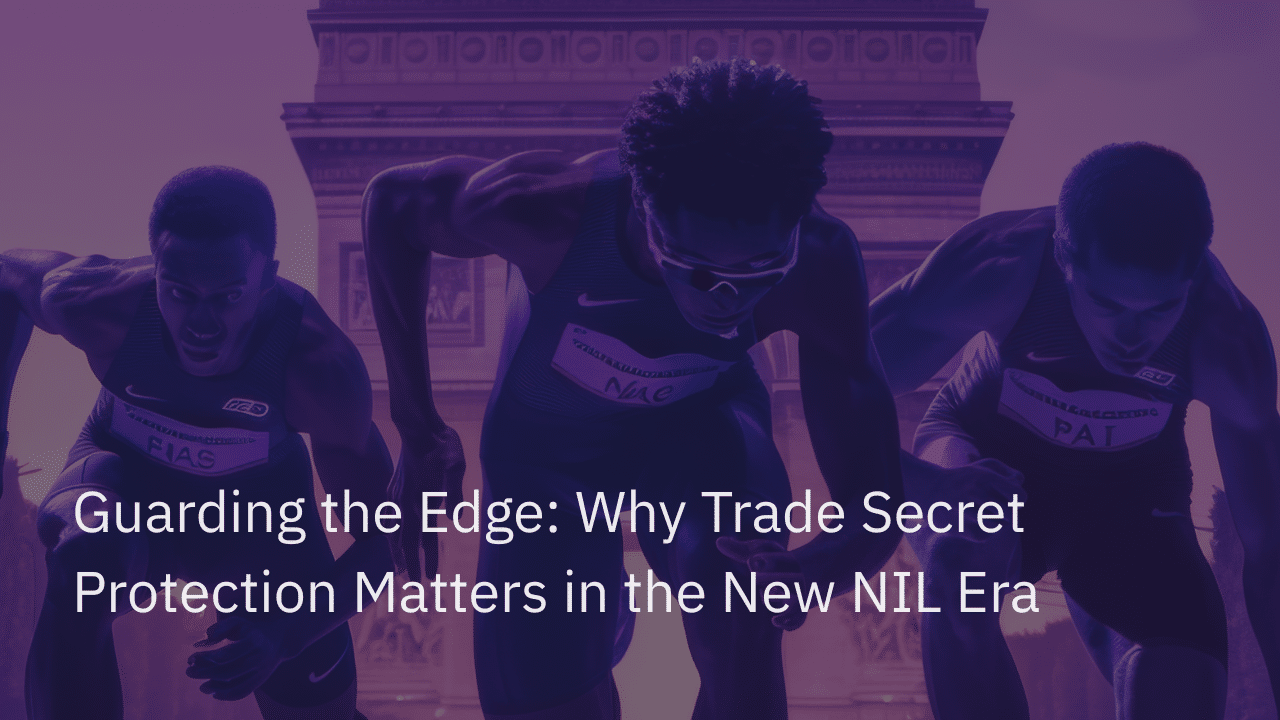We often think about the trade secret owner being harmed by the theft of their trade secrets, and rightfully so. The owner invested time, money, effort, and other resources to create the valuable trade secrets.
OK, nothing surprising so far.
A recent LinkedIn post by Thomas Colson was talking about how critical “need to know” limited access is for trade secrets (Tangibly totally agrees), but one word hit a nerve with me: free!
Trade secrets are most often taken by an (ex)employee to a competing company or the employee sets up their own competing business. This theft is, of course, not authorized.
But let’s look at the competing company – they receive a valuable trade secret for free! They basically get a gift from Santa (even though they are arguably on the “naughty list”):
Money invested: None
Time invested: None
Late nights in the lab getting the process to work: None
Hours spent building a customer relationship list: None
Hours comparing vendors and establishing QC/QA parameters for input materials and finished products: None
Notice a theme?
In Christmas stories, only the good children get gifts. By deploying a trade secret management program and following Tangibly’s five best practices, you’ll make sure that your competitors don’t get a free gift this holiday season.










